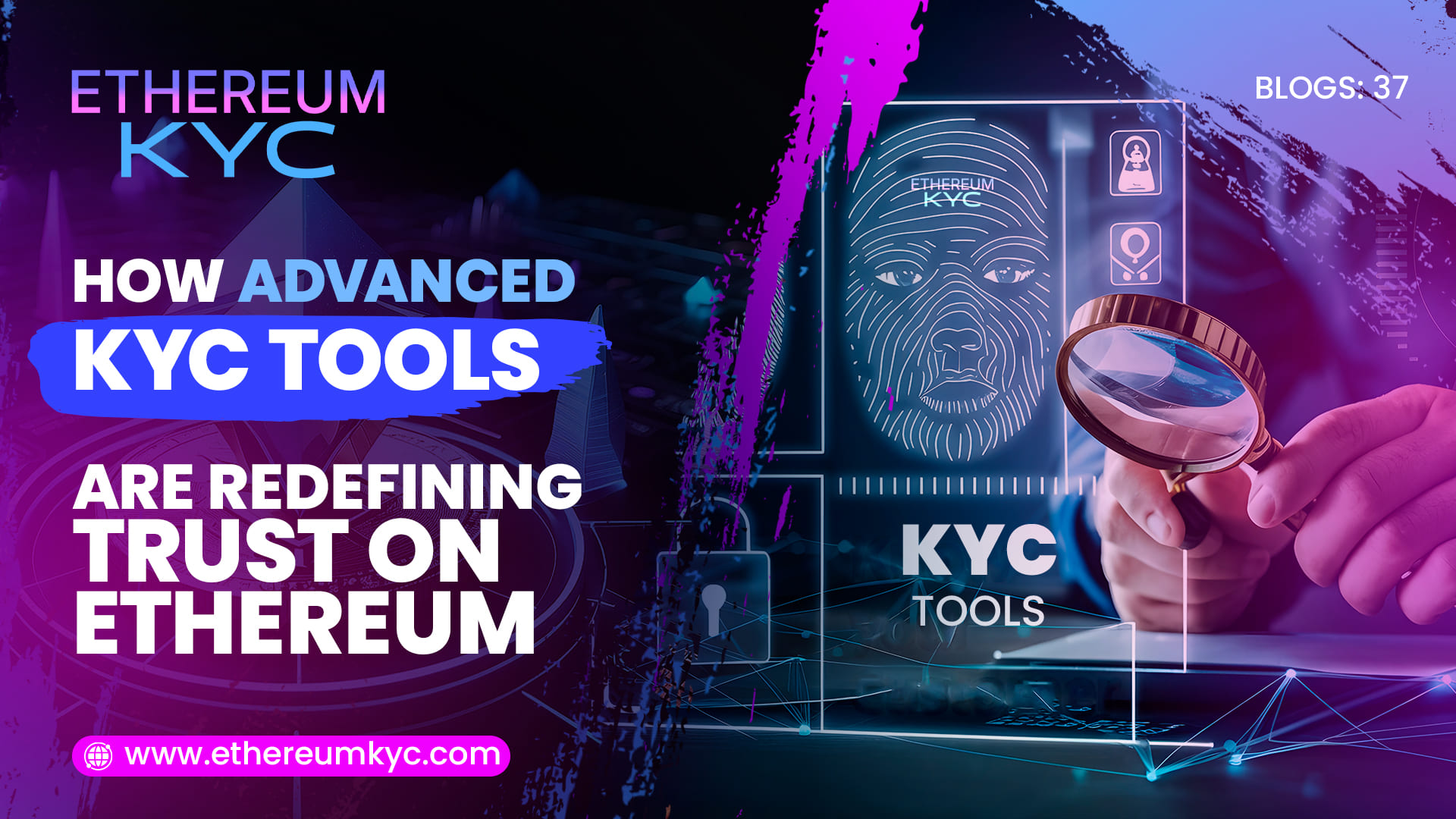April 24, 2025
How KYC Can Unlock Institutional Funding for Ethereum-Based Projects
Institutional investors are increasingly exploring Web3 opportunities, but regulatory compliance remains a major hurdle. For Ethereum-based projects, implementing a strong KYC framework can be the key to accessing larger pools of capital from venture firms, investment funds, and even traditional financial institutions.
Why Institutions Require KYC
Institutions operate under strict compliance mandates. Before investing, they must ensure that projects meet Anti-Money Laundering (AML) and Know Your Customer (KYC) standards. Without these safeguards, institutions risk regulatory penalties or reputational damage.
How Ethereum Projects Can Attract Institutional Funding
- Full KYC Integration: Offering compliant, seamless KYC onboarding for token sales or investment rounds.
- Transparent Reporting: Providing auditable records of user verification while protecting personal data.
- Smart Contract Integration: Using verified identities within smart contracts for governance, vesting, and other investment mechanisms.
Real-World Impact
Projects that offer institutional-grade compliance open doors to larger funding rounds, partnerships with regulated entities, and listings on reputable exchanges. Proper KYC processes build credibility that individual retail-focused projects often lack.
Conclusion
For Ethereum-based projects aiming for serious, sustainable growth, KYC isn’t just a legal formality—it’s a gateway to institutional capital. By investing in strong compliance infrastructure early, projects can future-proof their fundraising strategies and scale with confidence.





